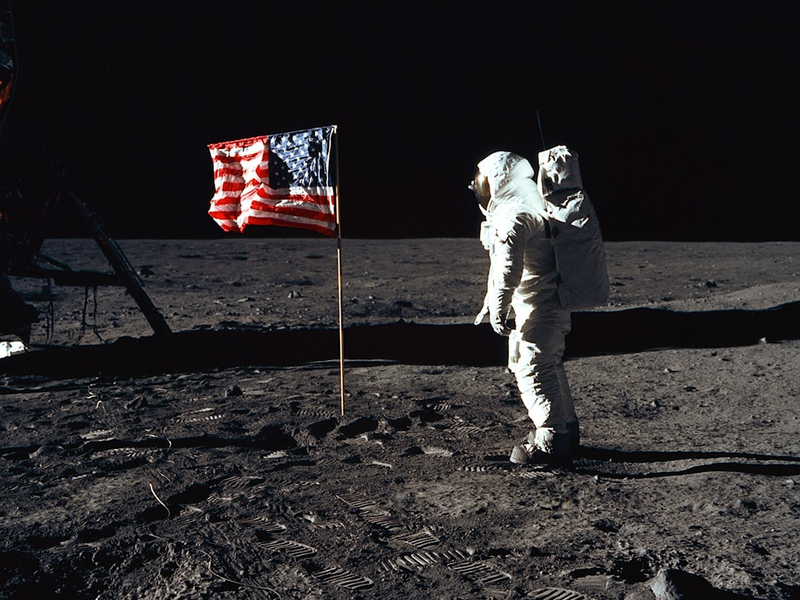Growing Gardens in Space: The Next Frontier of Cosmic Agriculture

Imagine a future where astronauts tend to lush gardens while floating in the infinite darkness of space. That future might be closer than we think, thanks to groundbreaking research and innovative design by organizations like the Aurelia Institute and Heatherwick Studio.
Space gardening isn’t a new concept. Russian cosmonauts first experimented with growing plants in space during the 1970s, cultivating onions aboard the Salyut 1 space station. Since then, various crops like tomatoes, zinnias, and even cotton seeds have been tested in orbital and lunar environments.
The latest ambitious project, called Space Garden, aims to transform how we perceive life beyond Earth. Designed as a complex, mechanically controlled structure with telescoping arms, this orbital greenhouse could provide more than just sustenance - it represents a psychological lifeline for space travelers.
“If we start with nature, we might go on a more fruitful pathway to a life worth living in space,” says Stuart Wood from Heatherwick Studio. The design isn’t just about growing food; it’s about creating a connection to Earth and bringing a sense of home to the sterile environment of space stations.
Researchers like Mike Dixon from the University of Guelph have been sending millions of seeds into space, discovering that many can survive cosmic radiation and varying environmental conditions. Surprisingly, plants seem more resilient to space challenges than humans, tolerating reduced pressure and oxygen levels more effectively.
The Space Garden concept envisions a future where industrial activities occur in orbit, potentially freeing up land on Earth. Ariel Ekblaw from Aurelia Institute believes space travel will become as commonplace as international flights, with people commuting to orbital workplaces.
While practical challenges remain - such as water management and understanding how space travel affects plant genetics - the vision is compelling. By creating beautiful, functional spaces that incorporate living plants, we’re reimagining human existence beyond our planet.
As space exploration continues to evolve, these botanical experiments represent more than scientific curiosity. They symbolize humanity’s adaptability, creativity, and persistent desire to make any environment feel like home - even in the vast, unforgiving expanse of space.
AUTHOR: mp
SOURCE: Wired
























































